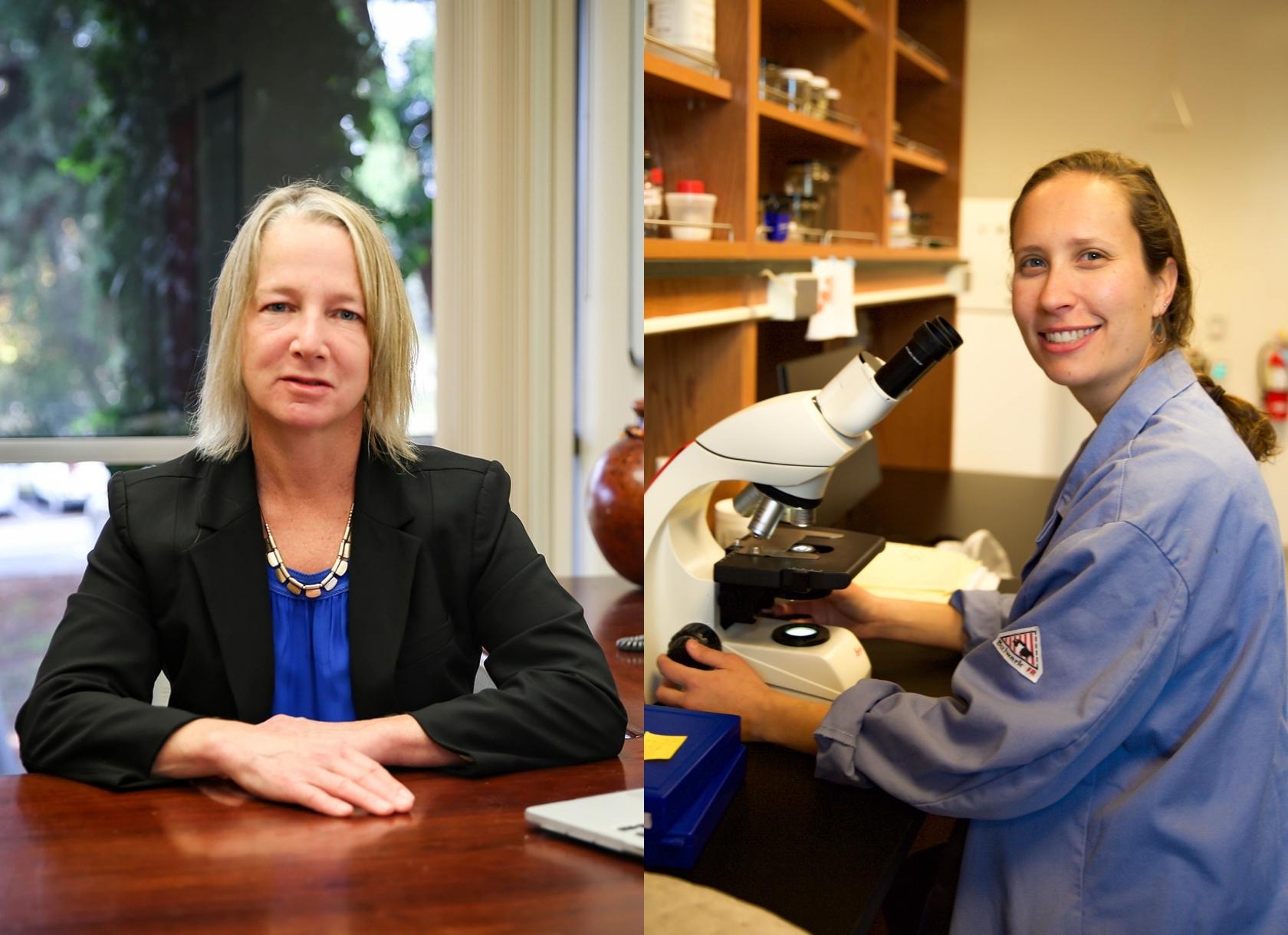
Stacey Wood, professor of psychology and Molly Mason Jones Chair in Psychology, and Tessa Solomon-Lane, professor of biology in the W.M. Keck Science Department, explain how catfishers exploit basic human neuroscience in Salon. The article is co-authored by two Pitzer College faculty members, Brian Keely and Thomas Borowski.
The number of catfishing romance scams—in which scammers create fake dating profiles to glean money or personal data from their victims—has increased dramatically during the pandemic era. “Humans are necessarily social animals, and our underlying neurophysiology is designed to reinforce and reward human bonding,” they write, offering that catfishers exploit this bond reinforcement with the use of frequent communication. “Understanding our hardwired biases is critical to help support the victims who often blame themselves and feel isolated through the experience.”

